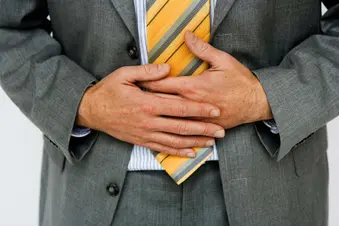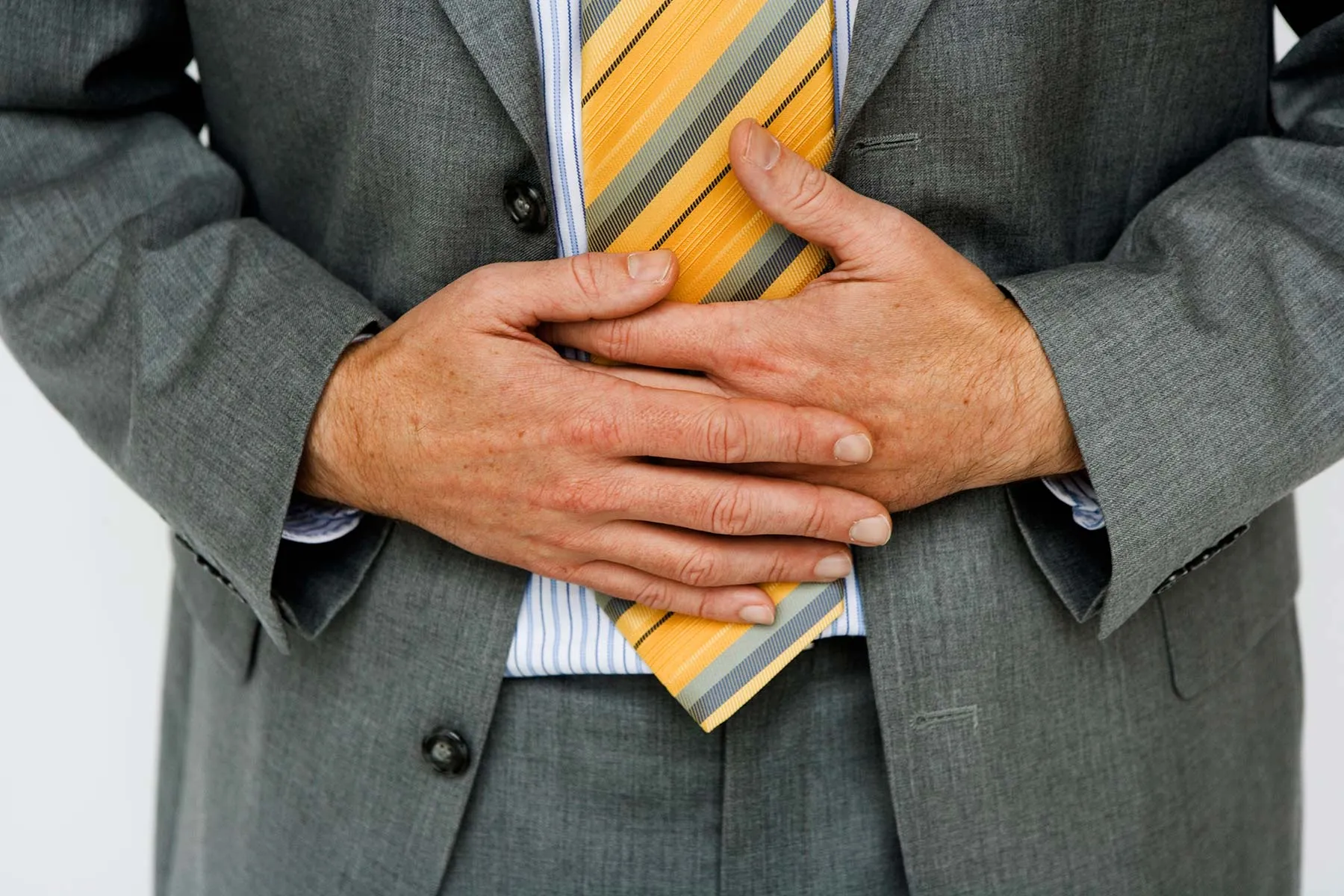Photo Credit: Hill Creek Pictures / Getty Images
SOURCES:
American Gastroenterological Association: "Understanding Irritable Bowel Syndrome."
Beth Israel Deaconess Medical Center: "What Causes Crohn's Disease?" "Who Gets Crohn's Disease and How Common Is It?" "What Is the Role of Surgery in Treating Crohn's Disease?" "What Is the Treatment for Crohn's Disease?"
Cleveland Clinic: "Crohn's Disease."
Crohn's & Colitis Foundation of America: "About Crohn's Disease," "Managing Flares and Other IBD Symptoms," "Diet and Nutrition," "Crohn's Disease and Ulcerative Colitis: Diet and Nutrition," "Crohn's Disease and Ulcerative Colitis: Emotional Factors," "Complementary and Alternative Medicine Fact Sheet," "What Is Crohn's Disease?"
Denese, S. Alimentary Pharmacology & Therapeutics, April 2011.
National Library of Medicine Genetic Home Reference: "Crohn disease."
National Institute of Diabetes and Digestive and Kidney Diseases: "Crohn's Disease."
National Institute of Health National Human Genome Research Institute: "Learning About Crohn's Disease."
National Library of Medicine Genetic Home Reference: "Crohn disease."
Rutgeerts, P. Gastroenterology, February 2004.
Schnitzler, F. Inflammatory Bowel Disease, September 2009.

